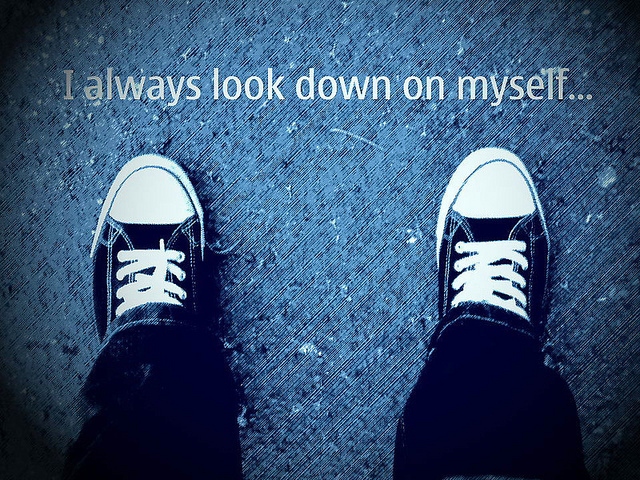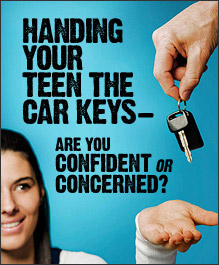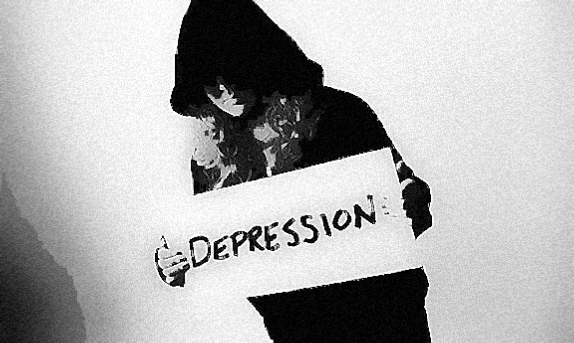Stress is a natural feeling when something important is on the line. In such circumstances, stress can assist with focus and provide energy for the task to be done or the situation to be dealt with. With the situation resolved, the stress dies out.
But not all stress is healthy stress: stress can get out of hand. Understanding teen stress can help identify and help a teen whose stress has gotten out of control.
Causes of Teen Stress
Teen stress can come from many different areas: it depends on what contexts the child moves in and what the expectations are for him or her. Here are some causes of teen stress.
• The Changes of Adolescence—Developing faster or slower than most of one’s friends can cause tensions because the teenage years are a time when being like others and liked by others is so important. As the teen transitions and hormone changes take place, teens can be stressed by feeling out of control and losing a sense of self.
• Family Issues—Tensions between parents, separation or divorce, parental infidelity, alcoholism or drug abuse in the family, poverty, or parents who are not involved with their children’s lives may all cause stress for teens. If a child is being verbally or physically abused or is a victim on incest, stress will be only one facet of a much larger set of issues.
Another family issue that causes teen stress is parents living vicariously through their children. When children have to not only fulfill their own dreams but have all their family’s hopes resting on their shoulders, this can weigh heavily on them.
• School—For students who have difficulty in school, whether or not they have a learning disability, school can cause a lot of stress. For students who aspire to goals beyond school that depend on excellent grades may also feel very pressured.
• Social Issues—The ins and outs of friendship and dating often cause stress for teens. Hoping for acceptance, and even love, and trying to balance one’s own developing personality with other teen’s perceptions and expectations is challenging. Teens worry not only about their own problems, but about their friends’ problems, and this can cause stress. If a teen is bullied, whether in person or via cyberbullying, this is likely to cause both stress and distress. Having an argument with someone can also cause stress.
• College Applications—The whole future lies open before the teen graduating high school, but so does the task of persuading a college to help the teen get there. This is a critical activity, and one for which many teens feel unprepared. The long waiting period for replies causes stress for both teens and their parents.
• Transition—All the transitions of adolescence can cause stress. From making the transition to high school to learning to drive to holding down one’s first job to—in many cases—sharing a room with a stranger when starting college and dealing with the increased responsibility to moving to a different city or town to the pile of responsibilities that fall on a teen’s shoulders when they turn 18 even the normal, expected transitions of adolescence can cause teen stress.
• Fear—Living in a neighborhood with a high crime rate or a drug problem, or living in a generally safe neighborhood, but having been mugged or robbed can cause fear, and fear causes stress.
• Sorrow—The loss of a loved person or a pet can lead to both grief and stress.
• Responsibility—Having to care for others when one is still growing up oneself can cause stress. This can result from caring for younger siblings, a disabled or substance abusing parent, or a failing grandparent.
Signs and Symptoms of Teen Stress
People young and old react differently to stress. Some get physical symptoms like diarrhea and tension headaches, while others show it in their mood, growing snappy or withdrawn or angry. Teens may develop healthy coping strategies on their own or need help to direct their activities when they feel stress. For example, temporary avoidance of something that is stressful could be taking a break from a difficult problem set in math to shift focus. Long-term avoidance may lead to failing to hand in the assignment on time. Even though the same strategy is employed, in the first case it is useful, but in the second, detrimental.
Other signs of teen stress include withdrawal; crying; picking fights; loss of focus and diminishing accomplishment;, change in eating or sleeping patterns, particularly loss of appetite and disturbed sleep; moodiness or anger. Extreme stress can lead to thoughts of suicide.
Help for Teen Stress
The first level of help for teen stress is simply having a way to express what is going on. This means both having language to name the feelings and having a safe place to vent one’s feelings. The first can be gained most easily from parents who discuss their feelings openly, telling their children when they feel stressed and, as appropriate why, and what they do about it. The second can be provided by a parent, sibling, friend, mentor, or even a journal or diary that the teens knows is a private place for reflection.
Certain activities may help relieve stress. Playing a sport can help, but so can other physical activities that one can do alone, like practicing a tennis serve, or just throwing a ball against a wall. Distraction can also help, whether playing a video game or something else that requires concentration, like chess.
Sometimes professional help is needed. This may start with the child’s pediatrician or school guidance counselor. For stress issues that are not responding, a therapist may be the next step.
Source
Confronting Teen Stresshttp://www.jhsph.edu/adolescenthealth/_includes/Teen_Stress_Guide.pdf






